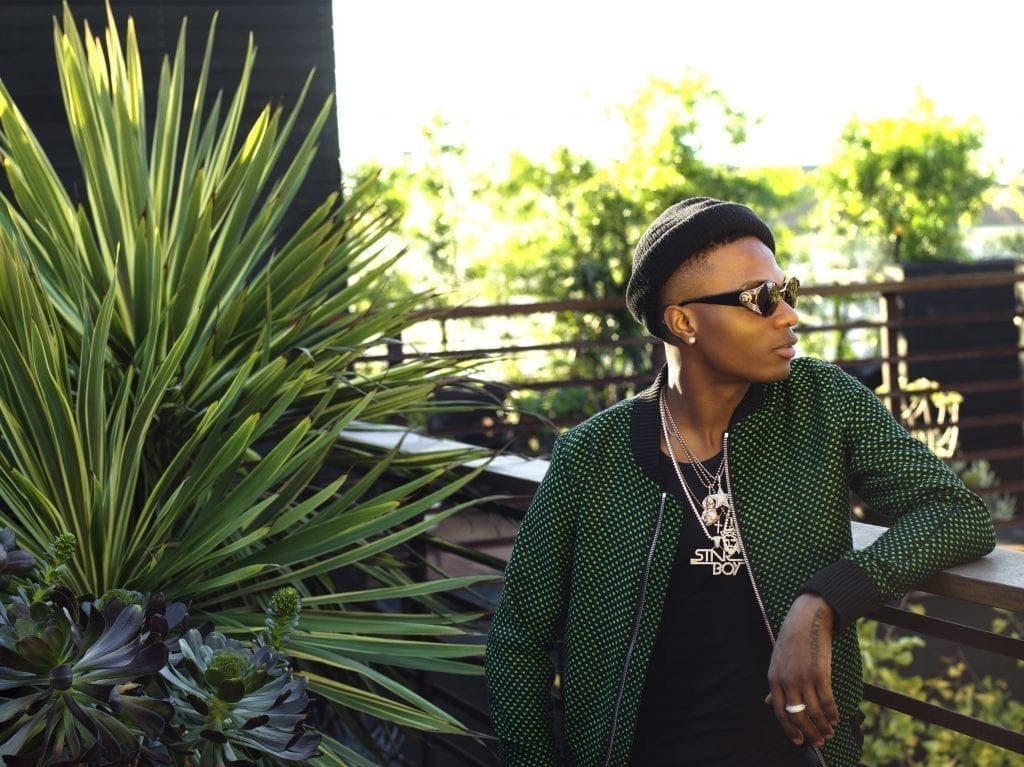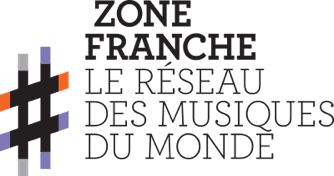The great musical styles of the 20th century – blues, jazz, rock, funk, hip hop, techno and their many incarnations – can trace their roots back to Africa. Today the continent has assimilated these trends and suggests a new take that is enthralling the West yet again: afrobeats, born in West Africa.
African music aficionados know all about afrobeat but now the term has reappeared with the addition of a final “S”, some don’t even notice and are under the impression it’s more or less the same thing. The ghost of Fela Kuti, the creator of the original afrobeat, must be turning in his grave.
Fela stood up to the world, advocated an Afro-centrist conscience and denounced the rampant corruption running on his continent with soaring brass, wildly swaying rhythms and flowing political lyrics.
Wizkid, Tiwa Sauvage, Reekado Banks Niniola and Davido, the Nigerian stars of afrobeats, strut around in their videos wearing the latest fashions and driving gleaming sports cars, in the company of seductive creatures of both sexes who don’t seem to be expecting anything other than to have a good time. While their music occasionally recycles rhythms and gimmicks taken from the traditions of West Africa, the fact remains that ultimately their auto-tuned choruses can be easily assimilated to the dominant Western styles of R&B, rap trap and house.
The good news is that their cocktails are a hit on dance floors all over the world and on social media, attracting international stars and giving Africa a starring role in the evolution of contemporary music. During the summer of 2016, the multi-platinum rapper Drake’s smash hit “One Dance” was co-written by and featured Ayodédji Ibrahim Balogun, known as Wizkid. Reekado Banks and Tiwa Savage, a former backing singer for George Michael, Mary J. Blige and Chaka Khan, have joined Jay Z’s Roc Nation label, bringing with them a winning remix of “Bitch Better Have My Money”, by the Bajan superstar Rihanna, also part of the American rapper’s team.
Afroglobal
The Nigerian phenomenon has prompted major international recording companies Sony and Universal to open offices in Lagos to tap into the market and give ideas to artists from neighbouring countries.
In Europe, Sidiki Diabaté, is known as the son and musical heir of the great kora-player Toumani Diabaté, who elegantly keeps alive the traditions of the Mandingo empire and acts as a guarantor of authenticity for the French musician M for his project Lamomali. In Africa, he is one of the leading Malian exponents of the afrobeats movement. Designer tracksuits have replaced traditional batik or bogolan boubous while the crystalline chords of the kora have made way for carefully programmed rhythms to support catchy choruses shrouded in vocoder.
It may well frighten aesthetes but it’s noticeably unstoppable on the dance floor.
In Dakar, Pape Diouf is the new king of the national rhythm Mbalax, sponsored by the style’s boss, Youssou N’Dour. But when Pape Diouf set out to win over a new audience outside his continent, he concocted Paris Dakar, an album that is more pop than roots, more afrobeats and nothing like afrobeat.
The singer from Cape Verde Mayra Andrade admits to having had her head turned by afrobeats on a visit to Ghana, where the genre is flourishing. Shocked in a positive way by the Africanist nature of the movement, she called on the young Ivorian beatmaker 2B (BLZ) to produce her recent release Manga alongside French musician Romain Bilharz. They avoided the flashiest clichés of afrobeats to create a subtle blend of the traditions of her homeland (coladeira, funaná, morna, batuko and finançon) and this electronic afric’attitude.
Uncontrollable Ghanaian origins
Ghana is the country that springs immediately to mind, along with Nigeria, whenever the term ends with an “S”. Ghana was the birthplace of highlife, a synthesis of traditional music and American influences that emerged in the 1920s. Ghana is one of the ingredients of Fela’s afrobeat: Ghanaian artists do not go unnoticed on the international stage these days. Fuse ODG has collaborated with mainstream Major Lazer, and Della$ie was encouraged by Talib Kweli and Pharrell Williams at the beginning of her career.
The question of whether or not Ghanaian artists were the first to find the winning afrobeats formula is worth asking. For Wanlov the Kubalor, half of the duo Fokn Bois, there is no doubt about the answer: “Things have always moved around in West Africa. Sometimes things would jump in from South Africa, like with South African house, which fed into Ghanaian azonto, also an evolution of highlife. It was this cocktail that then made it to Nigeria to create afrobeats”.
And to bring an end to the debate, Wanlov makes it clear:
“The term afrobeats was used for the first time by DJ Abrantee, a Ghanaian living in London. Before that, this kind of music was just called afropop”.
You have to laugh
Since the early 2000s, either separately or together under the name Fokn Bois, the Ghanaians Wanlov the Kubolor and M3nsa have been cooking with the same ingredients: hip hop in pidgin and ancestral rhythms combined with electronic effects. They have worked with the Nigerian star, Mr Eazi, among others, but keep an ironic distance from the movement, entitling their latest album Afrobeats LOL.
But are they really making afrobeats? Wanlov answers: “Mensa and I aren’t fans of the name. We don’t think there was any need to adopt the term to refer to afropop. It creates confusion with Fela’s afrobeat, which delivered a positive message and tried to bring about social change. They added an S, which we just think represents the dollar sign $. Afrobeats distorts Fela’s ideas when it’s only about accepting what’s happening and enjoying life, if you’re lucky enough to have money. Exactly what Fela was against. This music is made for people who take money from Africa. With Afrobeats LOL we decided to make a comedy about afrobeats. We talk about living on small budgets rather than getting rich. We’re more realistic”.
Do they reject the movement entirely?
“Lots of successful artists like Wizkid, Niniola and Mr Eazi are good at what they do but we’re tired of the fact that they always talk about the same subject: my girl, my money, my car. What they’re really saying is: ‘I’m going to get rich. Thanks for the money,’ rather than pointing out problems with society. We try to express that people shouldn’t stay in a bubble”.
With plenty of humour, groove and insight, Fokn Bois are trying to re-engage with the social criticism so beloved of Fela, while denouncing abuses perpetrated by the continent’s political leaders or the excesses brought about by the overuse of social media.
Whether they are aware of social and political issues or not, West African musicians are revolutionising the global music landscape.


